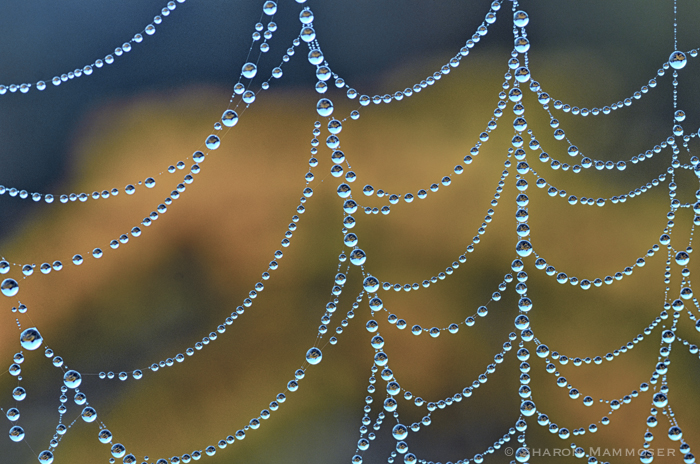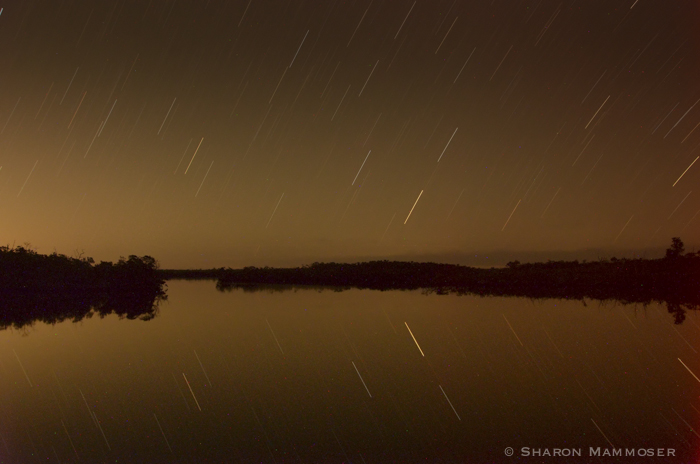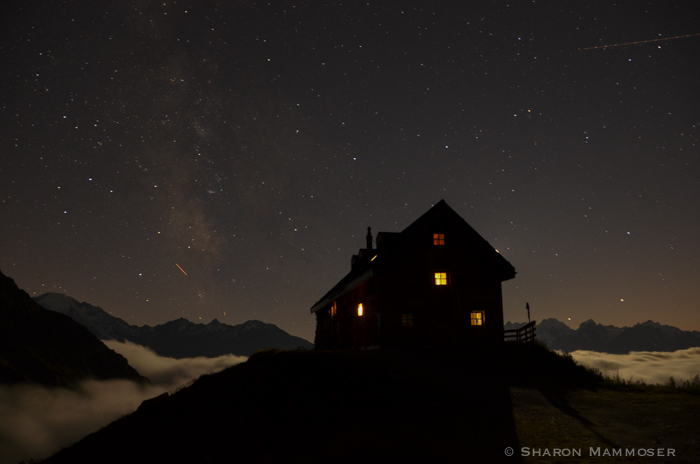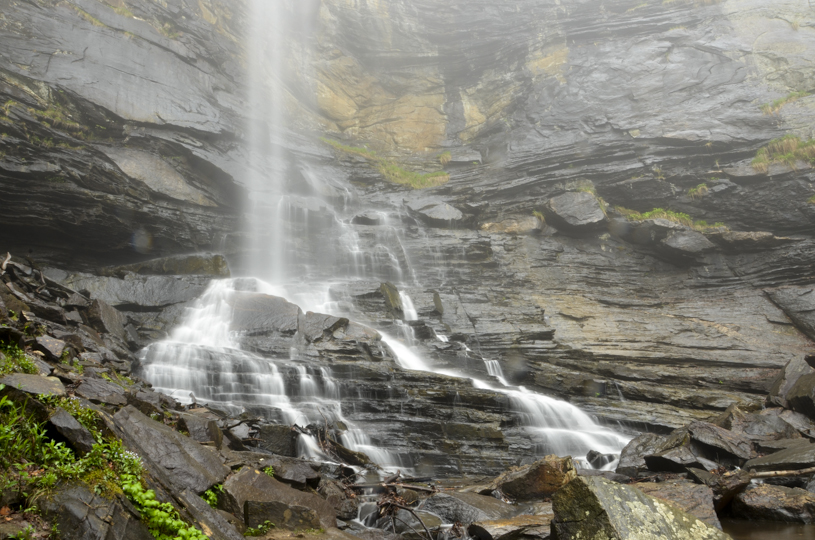Happy Thursday! I hope you are having a great week and making time to get outside and enjoy some quality time in nature. Have you witnessed any interesting animals or events lately? Have you been noticing the hummingbirds zooming around crazily or seen baby deer bouncing along after their mothers? Have you admired all of the silken spiderwebs glistening with dew between the fence posts, electrical wires or in the meadows where the dragonflies and butterflies dance in the sunshine?

If you haven’t spent much time outside, here’s an idea for you– did you know this weekend will provide the PERFECT chance to get outside and see something amazing? The Perseid Meteor shower takes place this weekend, from August 11th through the 13th, and since the moon will set early, scientists are predicting a spectacular show, with more than 50 meteors possible per HOUR!
As long as it’s a clear night and you can manage to get away from city lights and find a dark spot, you will have a fabulous chance of seeing a great show. The best hours to watch will be between 2am and dawn. If you look up just before 2 you may see Saturn and Mars will be visible until 4am. You don’t need any special equipment, just get yourself to a dark place, get comfortable and then LOOK UP and prepare to be amazed!
Know what causes the Perseid Meteor shower? According to Space.com, “Comet Swift-Tuttle is the largest object known to repeatedly pass by Earth; its nucleus is about 16 miles (26 kilometers) wide. It last passed nearby Earth during its orbit around the sun in 1992, and the next time will be in 2126. But it won’t be forgotten in the meantime, because Earth passes through the dust and debris it leaves behind every year, creating the annual Perseid meteor shower. When you sit back to watch a meteor shower, you’re actually seeing the pieces of comet debris heat up as they enter the atmosphere and burn up in a bright burst of light, streaking a vivid path across the sky as they travel at 37 miles (59 km) per second. When they’re in space, the pieces of debris are called “meteoroids,” but when they reach Earth’s atmosphere, they’re designated as “meteors.” If a piece makes it all the way down to Earth without burning up, it graduates to “meteorite.” Most of the meteors in the Perseids are much too small for that; they’re about the size of a grain of sand.”
And so that brings me to this week’s quote–two actually because I thought they were both fantastic and couldn’t decide. Which do you like best?
“If the stars should appear but one night every thousand years how man would marvel and stare.” –Henry David Thoreau

“If people sat outside and looked at the stars each night, I bet they’d live a lot differently.” –Bill Watterson

I hope you set your alarm and get outside to see the show! If you do, I’d love to hear about your experience! Use the comment box below.
To learn more check out Space.coms guide to watching the Perseid shower.

